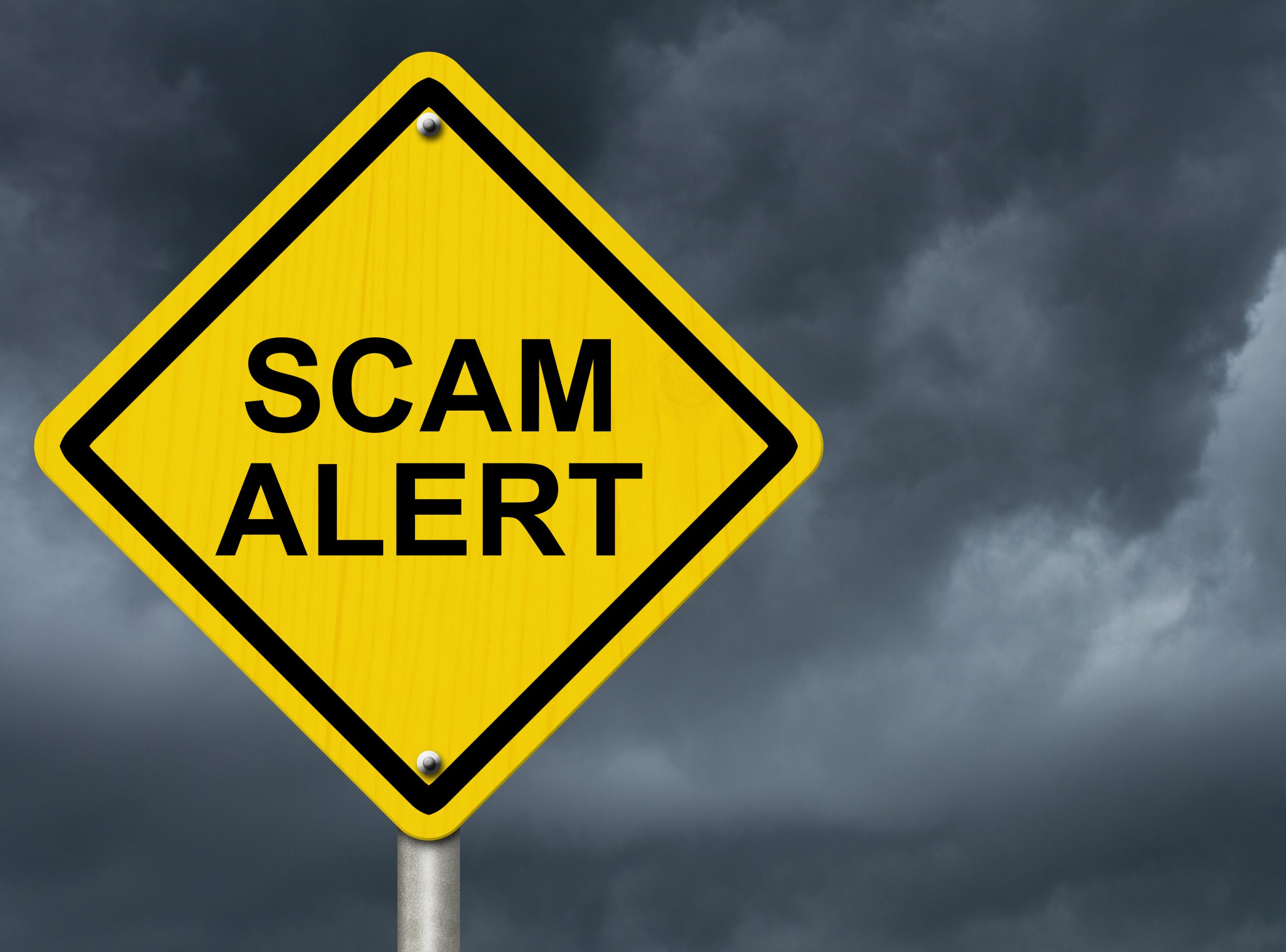News
Self-assessment users warned over rebate and arrest scams

Anyone submitting a tax return in the coming months is warned to be on guard against scams. Here’s what to watch out for.
In the 12 months to August 2022, HMRC reported 81,000 scams offering fake tax rebates, while it responded to 180,000 referrals of suspicious contact from members of the public.
As the tax deadline approaches – 31 October for paper and 31 January 2023 for online returns for the 2021/22 tax year, HMRC warns self-assessment customers could be a target for fraudsters.
HMRC said fraudsters target customers when they know they are more likely to be in contact with HMRC, which is why self-assessment customers should be extra vigilant now.
There is a risk people could be taken in by scam texts, emails or calls either offering a ‘refund’ or demanding unpaid tax where arrest is threatened.
HMRC will never call threatening arrest.
And for those new to self-assessment, they’re warned against clicking on links in emails or clicks revealing personal or financial information to criminals.
Never share login details
Meanwhile, those who file their return online via GOV.UK shouldn’t share their HMRC login details. Someone using the details could steal from the customer or make a fraudulent claim in their name.
Myrtle Lloyd, HMRC’s director general for customer services, said: “Never let yourself be rushed. If someone contacts you saying they’re from HMRC, wanting you to urgently transfer money or give personal information, be on your guard.
“HMRC will never ring up threatening arrest. Only criminals do that.
“Tax scams come in many forms. Some threaten immediate arrest for tax evasion, others offer a rebate. Contacts like these should set alarm bells ringing, so take your time and check ‘HMRC scams advice’ on GOV.UK.”
Anyone contacted by someone claiming to be from HMRC in a way that arouses suspicion is advised to take their time and check the scams advice on GOV.UK.